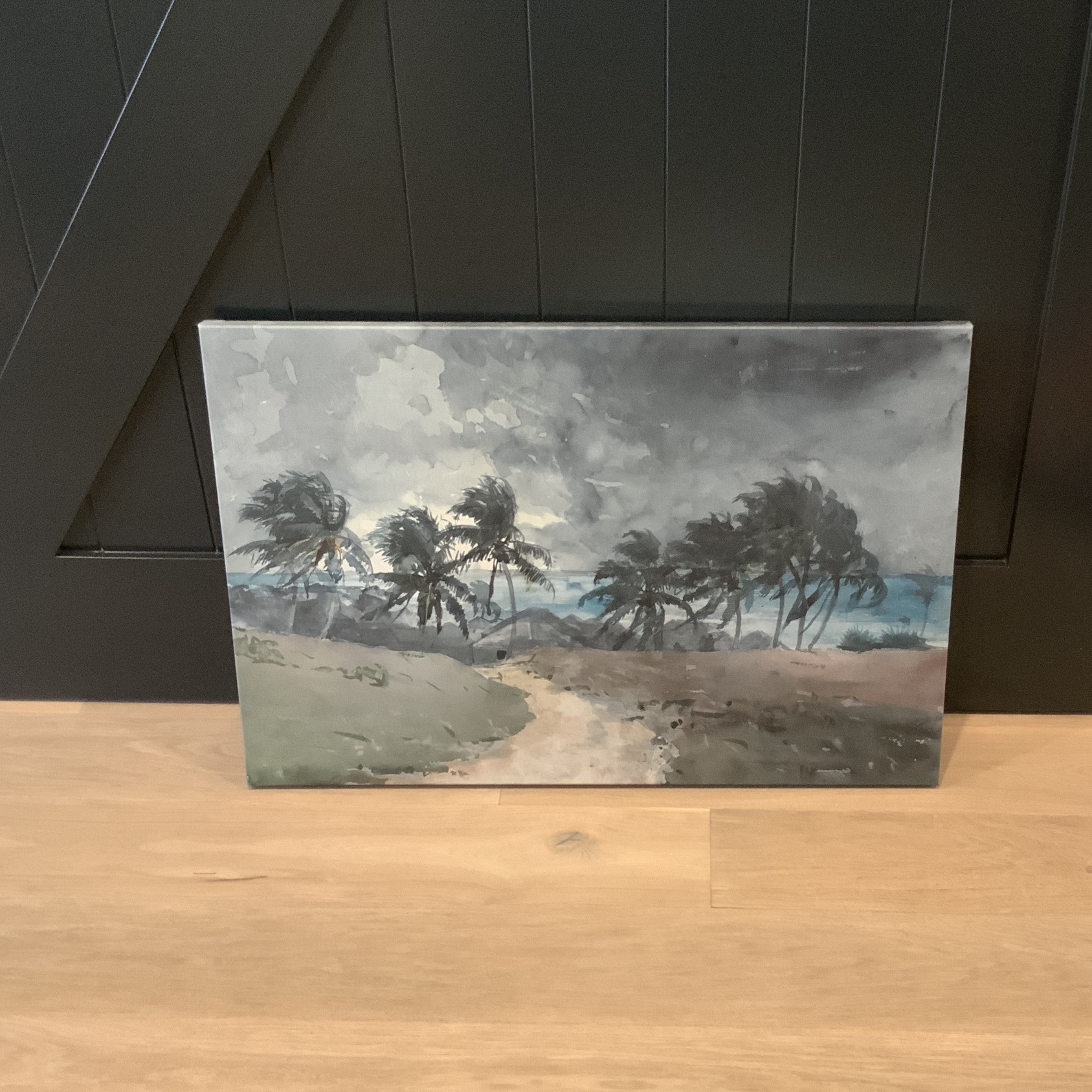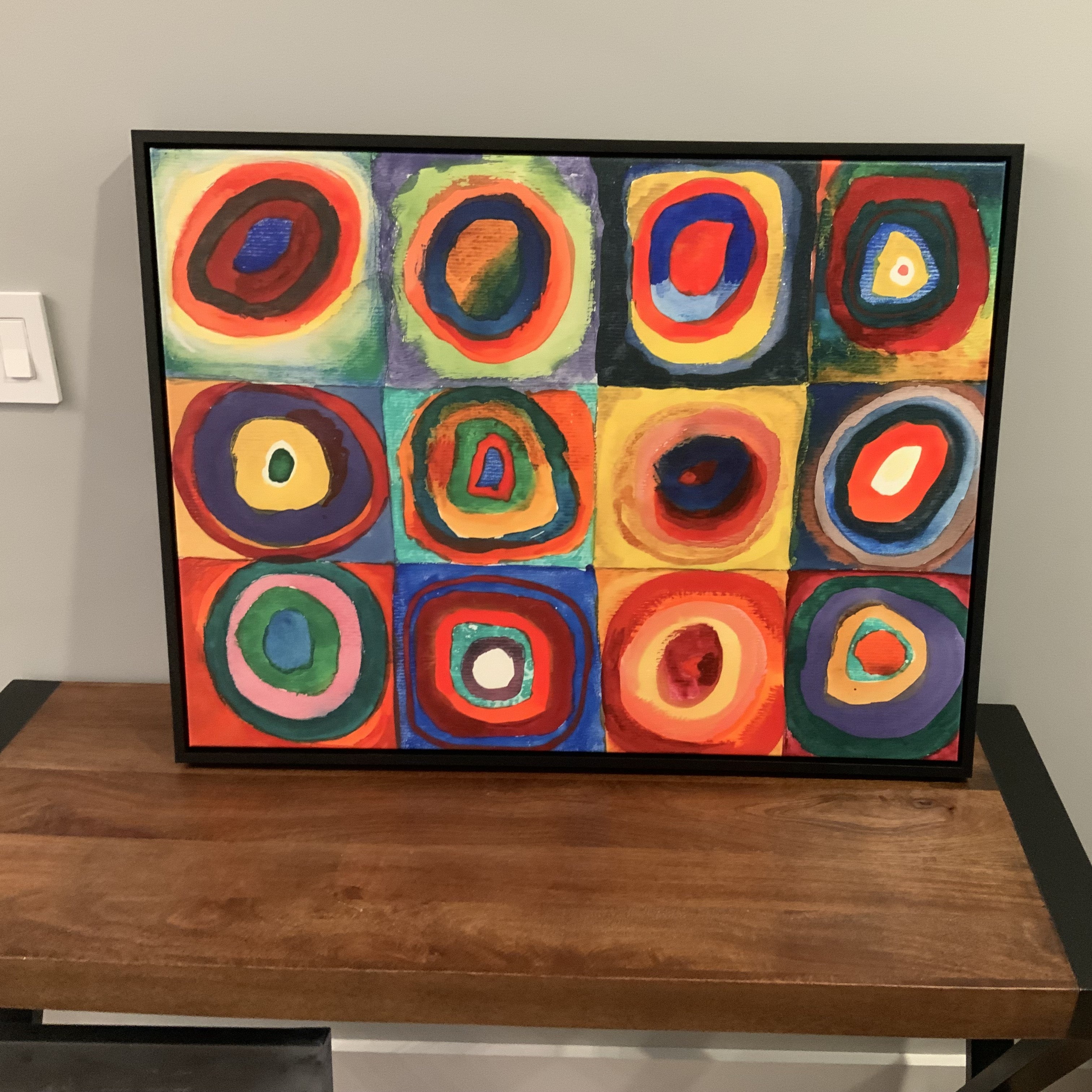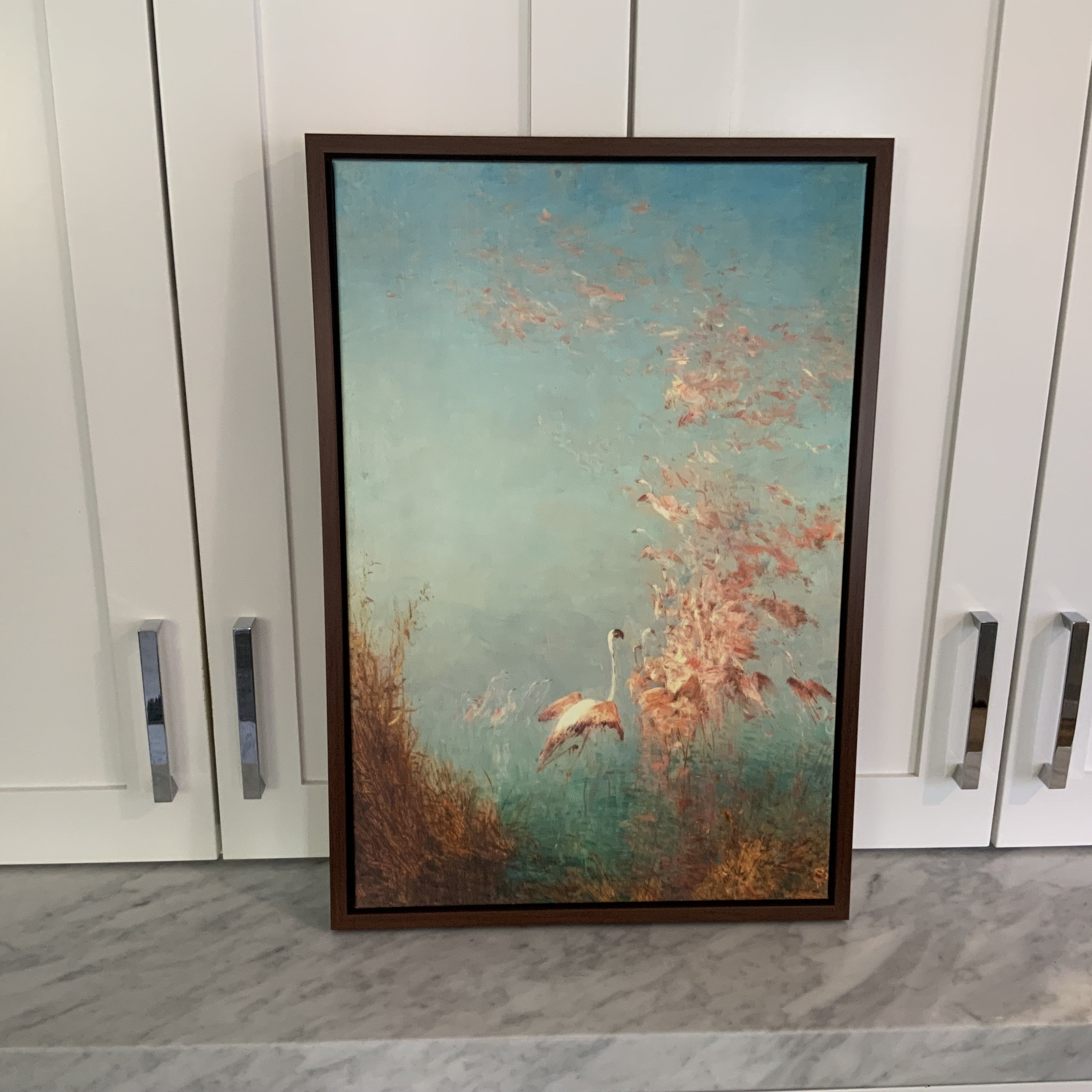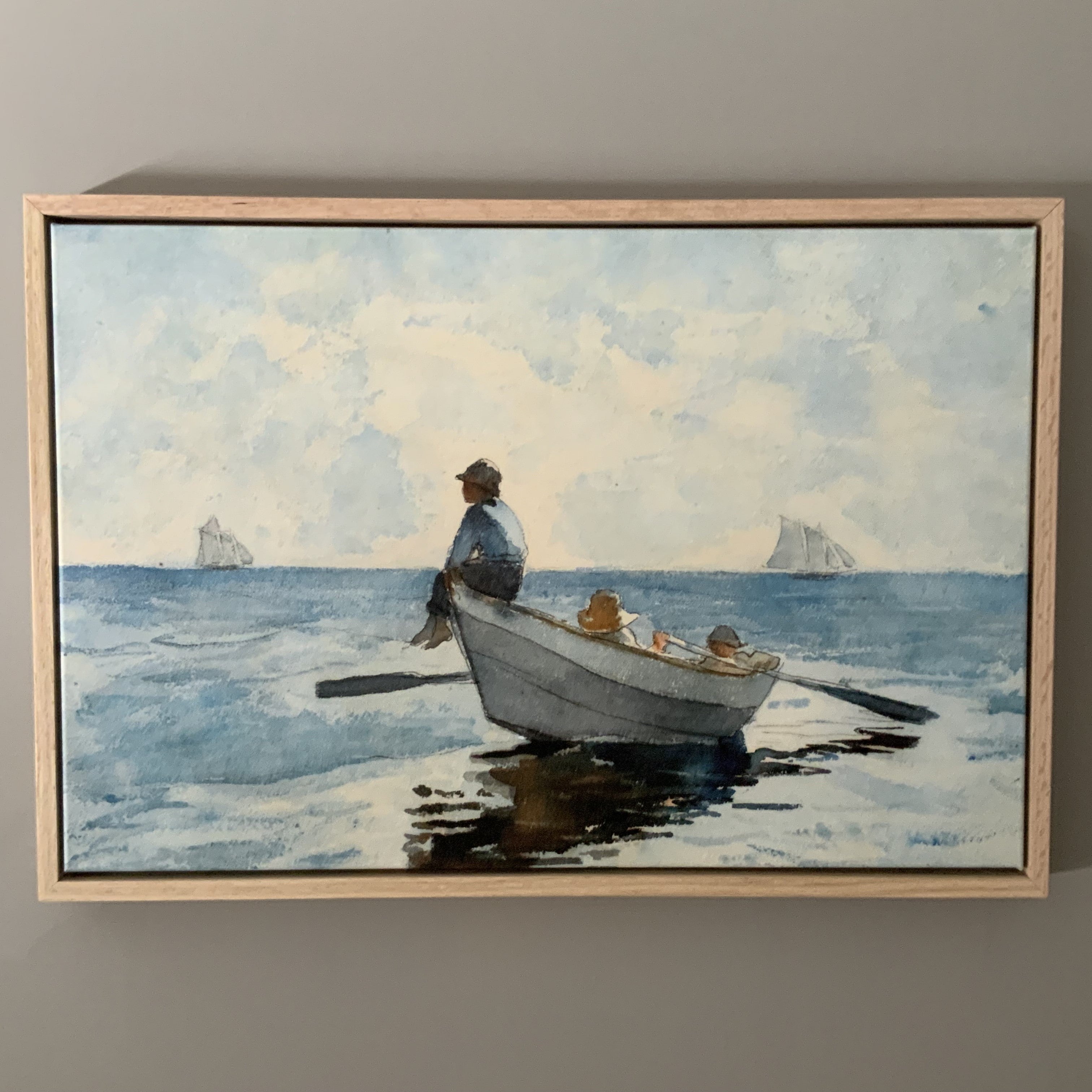RELATED ART PRINTS
WHY CUSTOMERS LOVE OUR ART PRINTS
PRINTED TO PERFECTION
ENDURING COLOR
- Giclée Fine Art Certified
- Archival Inkjet Printing
Our archival inkjet printing process ensures lasting color accuracy and image clarity.

MADE FOR YOUR SPACE
- Heritage 400+gsm Canvas
- Handcrafted Frames
Our heritage-style canvas and handcrafted frames guarantee a polished look.

HANG WITH EASE
- Secure Express Shipping
- Arrives Ready-To-Hang
Our artworks arrive ready-to-hang straight out of the box saving you time and energy.
OUR ART PRINTS [YOUR WALLS|YOUR HOME|YOUR SPACE]







FROM OUR CUSTOMERS
“This gorgeous framed print arrived so quickly and in great, new condition.”
“Found this on Pinterest and ended up being perfect for my bedroom!”
“Very impressed with how well this came packed and the quality.”
"Great product and terrific customer service..."
"I highly recommend Ave Legato to anyone looking for professional canvas art."
“The canvas is of great quality and the picture is beautiful!”
"The framed art arrived and was very well packaged and was even more lovely than the online catalog was able to portray..."
"What a beautiful print this is and I’m so thankful Ave Legato had it available to purchase..."
“Great quality for the price and quick delivery.”
“Framing enhances the picture...Very pleased with this purchase.”
"The printed canvas and frame were very high quality, especially for the price!"
“Love the colors in this -- such great detail!”
“I love this print. Goes so well in my living room.”